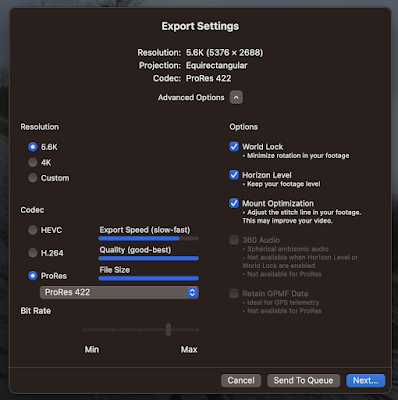Camara is an organisation driven by three ideals: Poverty is wrong. Education is a human right. We use Technology to address both.
The organisation is dispersed across a growing constellation of locations, connecting classrooms, communities, Government agencies, partner organisations, individual volunteer's social orbits and beyond. Camara refers to its bases as 'hubs'. They have hubs in Africa (Kenya, Lesotho, Rwanda, Tanzania, Uganda, Zambia, Ethiopia, and South Africa), Europe (Ireland and the UK), the US, and the Caribbean (Jamaica and Haiti).
The computers in classrooms project, running now for nearly a decade, provides refurbished computers running the open source Ubuntu Linux distribution configured with educational programs (a local copy of Wikipedia, Scratch, Stellarium, and many others. A classroom pack consist of 10-20 computers, teacher training for the computers and the curriculum, curriculum development that integrates with national departments of education goals, establishing mutual support groups, follow-up in local hubs that enable on-going training and sharing knowledge. The mode of organising is hope to be self-supporting, self-annealing; it is not highly centralised and it seems entirely possible that diverse national hubs exercise influence. I think it might be considered to be a "de-centered" organisation.
They are designing curricula for Languages, Literature, Maths, Art, Geography, History, Science, Economics, Computing etc. that leverage classroom computers effectively in ways that engage students in a cumulative organic process of incremental learning to reach the highest possible academic standards.
This is a mutual social contract between Camara and its clients. It is not charity. It is an investment in our shared future. The mutual, social responsibility extends to the computers provided by Camara. The anticipated additional working life of a refurbished computer in a Camara teaching centre is 5 years, after which Camara manages the machines proper end recycling. It is not a dumping ground for end-of-life computer hardware from the West. Rather, powerful, useful machines realise their designed working potential in a crucially important role, making a real difference to people.
The project is continuous, needing to constantly evolve as the tech landscape changes, as our understanding of education improves, as we learn how to organise and operate sustainably, and grow.
The hub in Dublin has a volunteer programme, educational programme development, a hardware group that manage the refurbishment process (along manufacturing lines), a technology group that take an integrative view of the software/hardware offering (meeting fortnightly on Thursday evenings)
Sharing 360° video?
So, you've got a 360 degree video file from your GoPro. What to do with it? Well, share it on YouTube. YouTube supports uploading and pl...

-
So, you've got a 360 degree video file from your GoPro. What to do with it? Well, share it on YouTube. YouTube supports uploading and pl...
-
(CTAN, a meta-level resource for all things TeX www.ctan.org/ ) Step 1: MacTeX packages for Mac. Install MacTeX, after which do the foll...
-
First, read the article "AI-generated art illustrates another problem with technology" by John Naughton on the Guardian (20 Aug...
